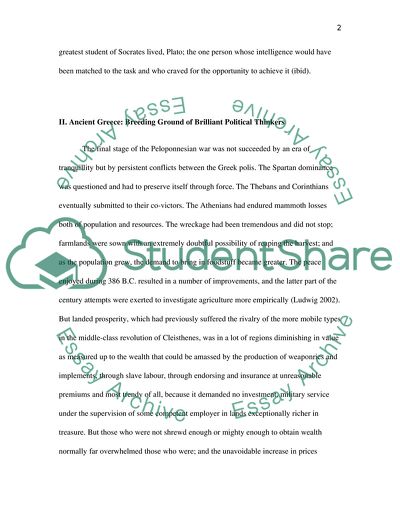Cite this document
(Political Philosophy in Ancient Greece: An Analysis of Plato and Term Paper, n.d.)
Political Philosophy in Ancient Greece: An Analysis of Plato and Term Paper. https://studentshare.org/philosophy/1718598-ethics-in-ancient-greece
Political Philosophy in Ancient Greece: An Analysis of Plato and Term Paper. https://studentshare.org/philosophy/1718598-ethics-in-ancient-greece
(Political Philosophy in Ancient Greece: An Analysis of Plato and Term Paper)
Political Philosophy in Ancient Greece: An Analysis of Plato and Term Paper. https://studentshare.org/philosophy/1718598-ethics-in-ancient-greece.
Political Philosophy in Ancient Greece: An Analysis of Plato and Term Paper. https://studentshare.org/philosophy/1718598-ethics-in-ancient-greece.
“Political Philosophy in Ancient Greece: An Analysis of Plato and Term Paper”. https://studentshare.org/philosophy/1718598-ethics-in-ancient-greece.


